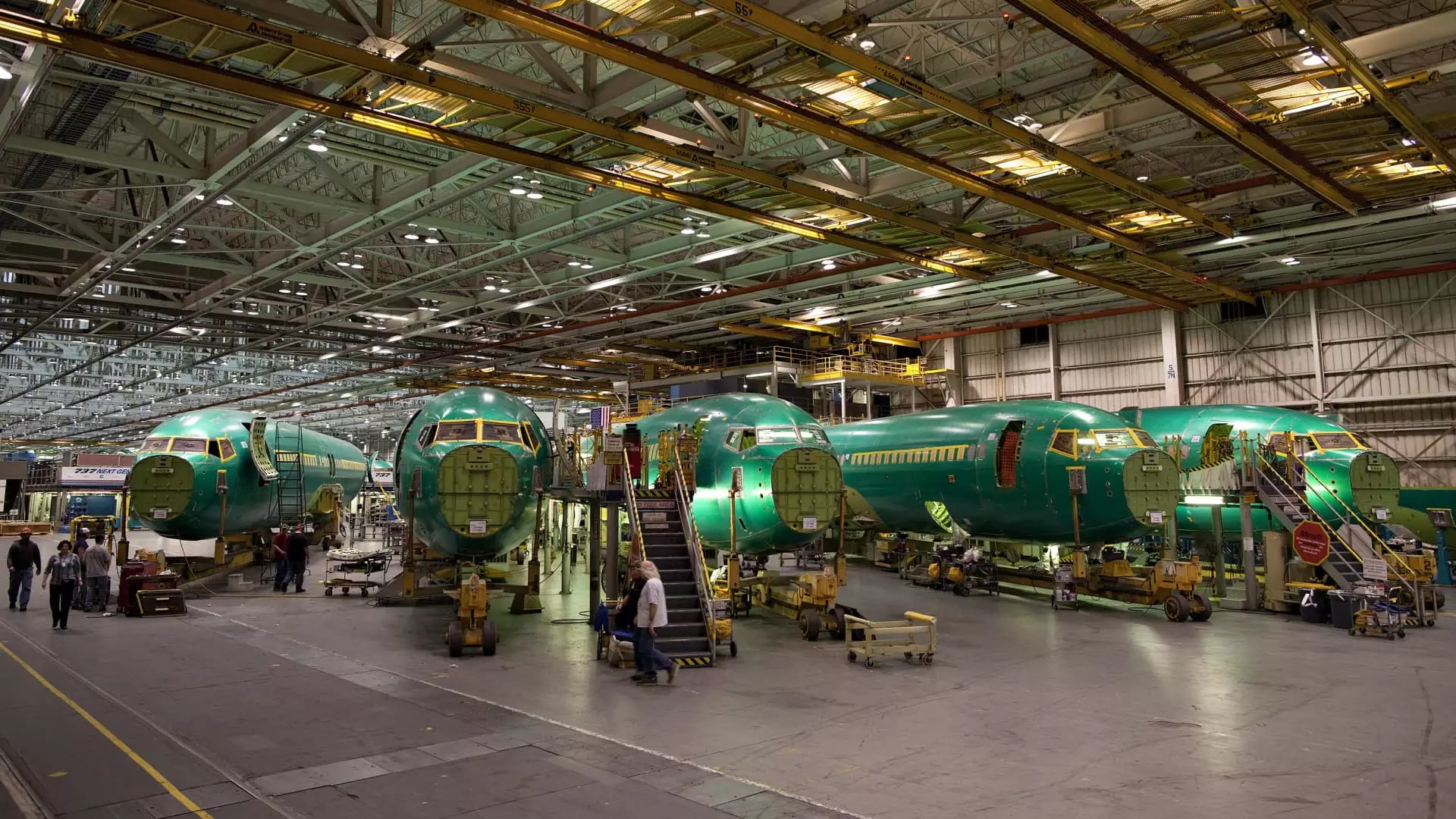Boeing’s recent announcement of its plan to buy back Spirit AeroSystems in an all-stock deal has raised eyebrows in the aviation industry. The aerospace giant stated that this acquisition would not only improve safety and quality control but also align production systems and workforces. However, many stakeholders have questioned the true motives behind this move and whether it will be enough to restore Boeing’s tarnished reputation.
Boeing agreed to pay $37.25 a share in Boeing stock for Spirit, giving the fuselage maker an equity value of $4.7 billion. Including Spirit’s debt, the transaction value of the deal stands at $8.3 billion. This strategic acquisition comes in the wake of a fuselage panel blowing out midair from a Boeing 737 Max 9, highlighting the ongoing safety concerns surrounding Boeing’s aircraft.
While Boeing sees this acquisition as a step towards strengthening quality control, there are lingering doubts about whether bringing Spirit in-house will be enough to address the production issues plaguing Boeing. The National Transportation Safety Board’s preliminary report into the January 5 accident raised serious concerns about the quality of production on Boeing planes, including misdrilled holes and misconnected fuselage panels.
The crisis stemming from the door-plug blowout on the Alaska flight has not only impacted Boeing’s deliveries to airlines but has also led to significant financial losses for both Spirit and Boeing. Boeing’s CFO admitted that the company would burn through $8 billion in the first half of 2024, signaling a troubling financial outlook for the aviation giant.
The Federal Aviation Administration has expressed concerns about Boeing’s production quality and has refused to allow the company to expand production until it is satisfied with the production lines. This regulatory scrutiny adds another layer of complexity to Boeing’s efforts to improve safety and quality control.
Boeing’s decision to acquire Spirit AeroSystems may be seen as a bold move to address its production challenges and restore customer confidence. However, the road ahead is fraught with challenges, including regulatory hurdles, financial pressures, and the need to rebuild its reputation in the aftermath of the 737 Max crisis. Only time will tell whether this acquisition will be a game-changer for Boeing or simply a desperate measure to salvage its tarnished image in the aviation industry.

